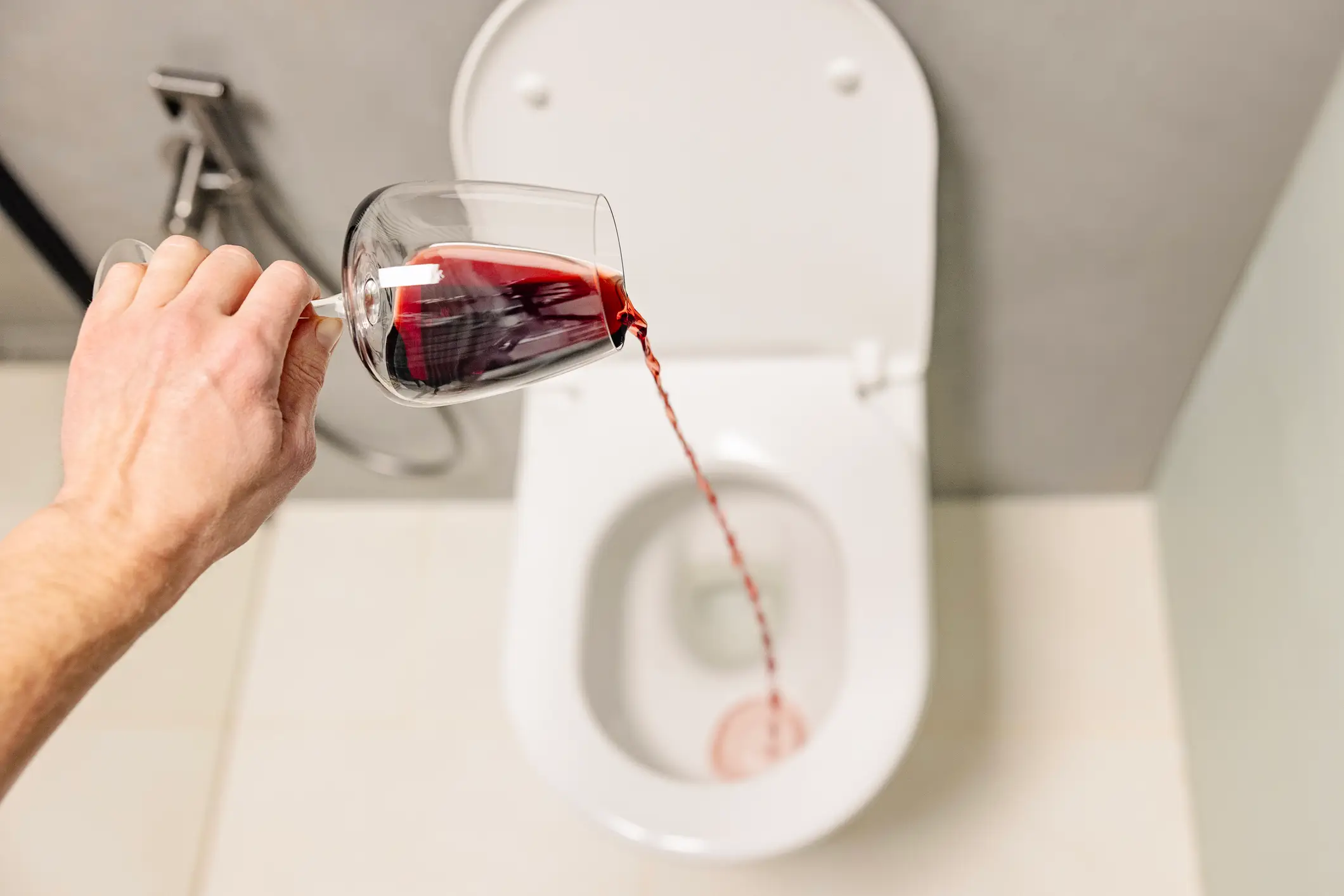
We're just over a week into Sober October, and with plenty of Brits longing for the pub, now's a good time to remember that there are a tonne of unexpected benefits to ditching booze.
Although doctors have suggested that returning to old drinking habits might well reverse the repairs to your body over the four weeks, you'll start seeing the benefits of no beer just shortly after giving it up.
If you're thinking of giving it up permanently, then one man who gave it up for nearly a year has warned about the dangers after having a drink again, while Love Island's Dr Alex has previously shared his experience with sobriety.
Dr Suzanne Wylie, GP and medical expert at IQdoctor, has now provided a week-by-week break down of what can happen to our bodies when we take part in Dry January.
Advert
She told the Standard: “Even at moderate levels, alcohol can contribute to poor sleep, low mood, weight gain, raised blood pressure, and an increased long-term risk of conditions such as liver disease, heart disease and certain cancers, so abstaining for a month, you give your body and mind a valuable break, while also helping to reset your relationship with alcohol."
What happens in the first week of giving up alcohol?
While you might not expect to see a significant difference in the first week, the last traces of alcohol in our system would be gone and we'd soon notice a positive difference in our sleep and energy levels.
Not only that, but your body may start to feel less bloated as inflammation levels drop, while liver enzymes also reach a healthier level.

Dr Wylie explains: “As a result, many people report less morning grogginess, steadier energy, and a general lift in concentration.
"Hydration also improves as alcohol is a diuretic, so you may notice less bloating and clearer skin within days."
What happens after two weeks of no alcohol?
If you think one week is good, just wait until you get to two weeks, sunshine.
Your liver is no longer gasping for a break and it's even starting to feel healthy again, with those pub trips almost a distant memory at this point.
“Liver enzymes such as ALT and GGT, which can be raised in regular drinkers, often begin to improve. You may notice digestive benefits too, as alcohol irritates the stomach lining,” explains Dr Wylie.
What benefits are there to three weeks of no alcohol?
Three weeks have gone by and you're closing in on what could be a miracle. Or maybe it's just every other October for you.

At this point you might be thinking a lot more clearly and maybe even getting stuff done at work, while you'll be on fire at the pub quizzes, as long as you stick to the lemonades.
Dr Wylie said: "Alcohol can cloud thinking and lower mood, so after a few weeks off, people often describe a sense of improved focus, better memory, and less anxiety."
It's not just your brain that will feel the benefit however, as according to Dr Wylie, 'blood pressure may start to reduce, particularly in those who were drinking most days. This also helps lower your overall cardiovascular risk.'
How does the body change after a month of no alcohol?
Finally, after completing the month, you might be tempted to revert back to your old habits, and that's well within your right. It's not like there's a limit on how much beer you can drink, like there is with classic Coca-Cola.
“By the end of the month, the physical benefits consolidate. Liver function markers can be significantly better, cholesterol may improve. Psychologically, a month off provides evidence that you can enjoy life without alcohol, which helps build long-term healthier habits,” says Dr Wylie.
Sounds pretty good, right?
Topics: Dry January, Alcohol, Health, Mental Health
